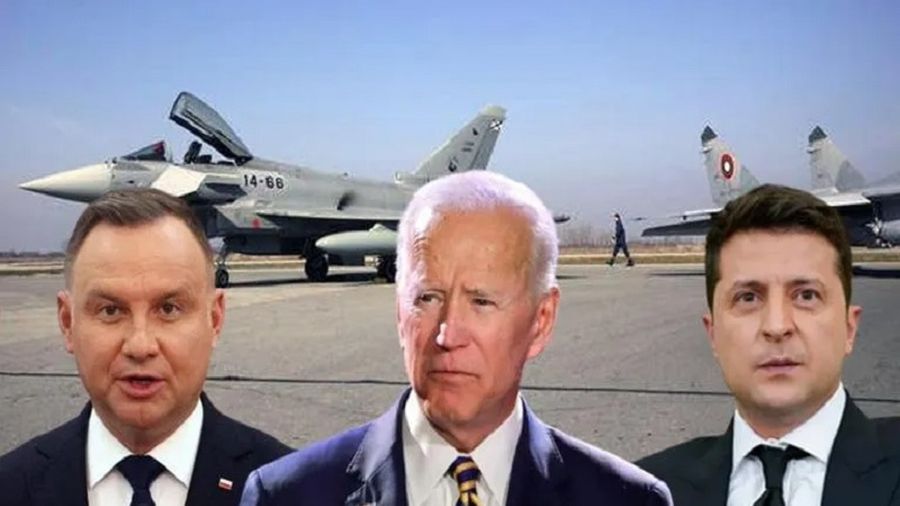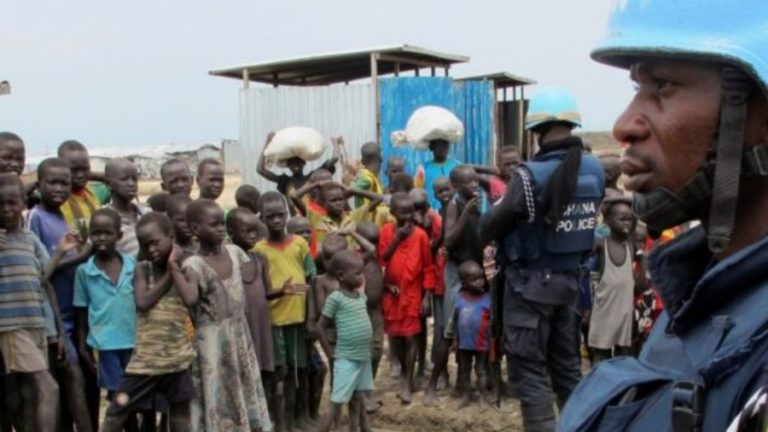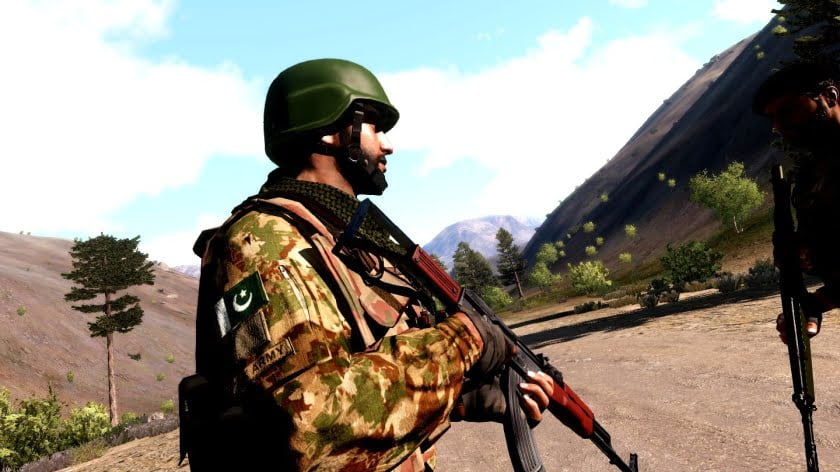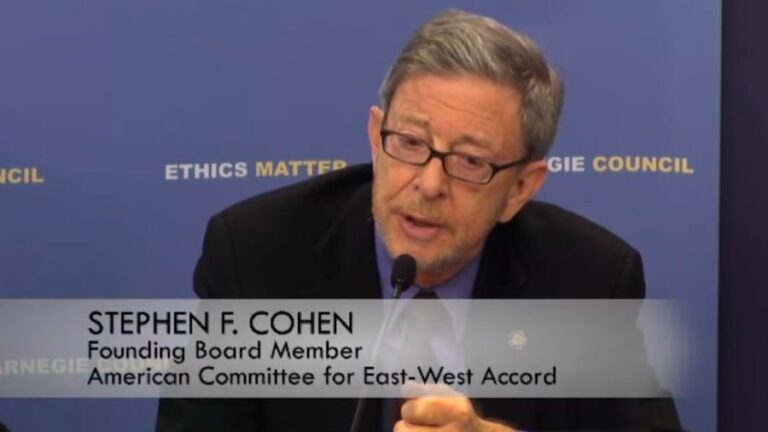Is Poland Trying to Provoke World War III or Expose the US’ Unreliability As An Ally?
Poland is officially pleased with everything that the US has done to regionally provoke Russia – especially America’s deployment of ‘anti-missile systems’ and strike weapons near its border intended to gradually neutralize its target’s nuclear second-strike capabilities – but it might feel more comfortable with America ‘leading from the front’ with respect to dispatching jets to Kiev’s forces instead of ‘sharing the burden’ by having Poland put its security on the line doing so on its behalf.
Previously tense Polish-American relations that were earlier plagued by the US’ meddling in its regional partner’s domestic affairs were thought to have suddenly improved following their joint reaction to Russia’s special military operation in Ukraine, but Warsaw’s latest moves raise doubt about that conclusion. The aspiring Central & Eastern European (CEE) leader unexpectedly announced that it’s ready to immediately deploy all of its MiG-29 jets to the US’ Rammstein Air Base in Germany for Kiev’s use against Russia and requested that all fellow NATO members follow suit. This came just a day after US Secretary of State Blinken declared that he gave the anti-Russian military bloc the “green-light” to send fighter planes to Ukraine and a day ahead of Vice President Harris’ visit to Warsaw.
She was supposed to thank Poland for hosting over one million Ukrainian refugees but the Associated Press reported that her trip has now become more politically complicated since US officials claimed that Poland didn’t inform them of its decision. Undersecretary of State for Political Affairs Nuland of “EuroMaidan” infamy told a Senate Foreign Relations Committee hearing that “To my knowledge, it wasn’t pre-consulted with us that they planned to give these planes to us. So I think that actually was a surprise move by the Poles.” Meanwhile, Pentagon spokesman Kirby said that jets departing from a US base “into airspace that is contested with Russia over Ukraine raises serious concerns for the entire NATO alliance”, concluding that this makes Poland’s proposal untenable.
It’s difficult to understand what’s happening since Poland seems to have just pulled the rug out from under its American senior partner’s feet in spite of actively positioning itself to be its patron’s top regional anti-Russian ally. Observers are divided over whether Poland was trying to provoke the Third World War that Russia’s special military operation in Ukraine was thought to have narrowly averted or if it was simply trying to expose the US’ unreliability as an ally due to concerns that America itself isn’t doing enough to help Kiev. To explain, the first possibility could spark a global conflict since Russia will likely defend its forces from such foreign military intervention while the second could have been undertaken to publicize growing differences over those two’s approach to Ukraine.
Elaborating on the last-mentioned, Poland is officially pleased with everything that the US has done to regionally provoke Russia – especially America’s deployment of “anti-missile systems” and strike weapons near its border intended to gradually neutralize its target’s nuclear second-strike capabilities – but it might feel more comfortable with America “leading from the front” with respect to dispatching jets to Kiev’s forces instead of “sharing the burden” by having Poland put its security on the line doing so on its behalf. The primary issue is that Russia presumably has an eye on practically everything happening in Ukraine and would almost certainly detect the moment that foreign jets enter its airspace. Neither the US nor Poland apparently feels comfortable at the moment risking Russia’s possible response.
Of course, one alternative could be to get them into that country via land routes by towing them to airfields instead of flying them in but even that could very likely draw attention and thus prompt Russian retaliation too. Basically, while the US and Poland agree that Kiev needs more fighter jets, they don’t want to take the risk of directly delivering them to its forces. Warsaw might feel that Washington is shifting this dangerous “burden” upon its shoulders by pushing Poland into the fray instead of having this nuclear superpower do it directly on its own if it truly supported this very dangerous escalation. That might be why it unexpectedly announced that it’ll send all of its MiG-29s to the US’ Rammstein Air Base in Germany so that America itself can deliver them directly to Ukraine if it really wants to.
The US didn’t anticipate Poland’s plan of action because it condescendingly took its junior partner’s support of their shared anti-Russian regional strategy for granted, arrogantly believing that Warsaw will put its neck on the line out of solidarity with Kiev and Washington whereas its ruling conservative-nationalist government evidently doesn’t feel comfortable doing so, at least at this moment. By redirecting attention back to the US, which never tires of reaffirming its commitment to NATO’s Article 5 mutual defense commitments, Poland very cleverly flipped the military-strategic dynamics by putting pressure directly on the US and alleviating that which was previously put upon itself to make such a dangerous move instead.
With Harris on her way to Poland, that host country’s authorities likely figured that now would be the perfect time for their ploy in order to prompt her into directly negotiating the details about their officially shared plan over whose details they unofficial differ. Poland was likely predicted to be the last country that would ever do this to the US yet that’s precisely what just happened because Warsaw is very clearly concerned about Washington’s pressure to have this aspiring regional leader risk Russia’s retaliation if such jets enter Ukraine’s airspace from its territory. The situation remains very fluid so it’s difficult to predict what will soon happen, but it’s enough to confidently conclude based upon the insight shared in this analysis that Poland is attempting to play “hard ball” with its US patrons.







